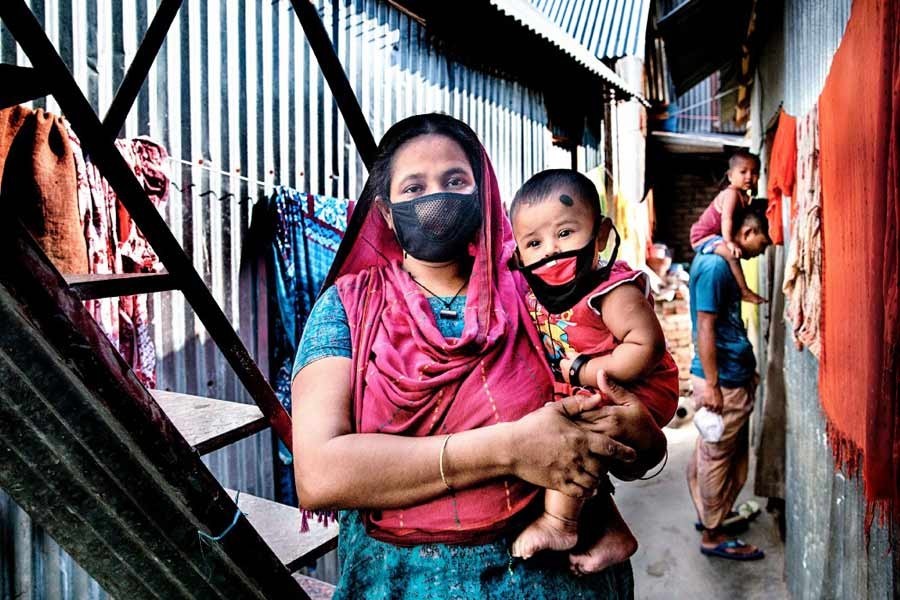
Published :
Updated :

Fuel is such an essential item in the public's everyday life that any change in its price starts a chain reaction in the market.
As a consequence, the cost of living goes up. And when there is already an inflationary pressure on the economy, the rise in fuel price would only exacerbate the situation further.
The latest raise in the prices of diesel, kerosene, petrol and octane is a case in point. Of those, diesel and kerosene are the two vital fuel oils used on a massive scale in the economy and their prices have been increased by Tk.34 per litre. This will obviously leave a devastating impact of public life. For it is not just the extra money that a public or private transport operator will have to pay for every litre of the fuel at the filling stations. A big jump in price levels of fuels like diesel and kerosene which are as good as daily essentials to the common people is going to deliver yet another blow to their quality of life already greatly shrunken by skyrocketing prices of essentials. The transport service, the farmer's diesel-run irrigation pumps, the power plants that use diesel, the establishments that use diesel-run generators and the common people in the village for whom kerosene is still an essential item will be directly impacted by their price hike. And as a knock-on effect on the cost of production and transportation, the essential commodities are going to see another round of price hike.
But the incomes of the fixed and low income people have remained stagnant.
The decision makers behind fuel price hike are busy explaining their helplessness in the face of volatility of energy price in the international market. The cumulative losses of Petrobangla, the state-owned oil company, due to selling the fuel oils at a subsidised price since February have meanwhile come to Tk. 8,000 crore, the State Minister for Power, Energy and Mineral Resources told the media at a recent interview.
And so, as the organisation is on the verge of going broke, the authorities have been compelled to take this big decision on fuel price hike by a big margin.
In fact, by the latest raise in fuel price, the subsidy has been brought virtually to the zero level. There is yet another argument. It is that any difference in fuel prices between Bangladesh and neighbouring India encourages cross-border smuggling of fuel oils. So, the price raise thus effected would discourage such smuggling, it is argued.
Notably, in India fuel prices are adjusted automatically in line with the fluctuations in fuel prices in the international market. But in the present case, the Bangladesh authorities have done it arbitrarily, though there is a regulatory agency, the Bangladesh Energy Regulatory Commission (BERC), to do the job.
Clearly, the fuel prices have been increased in a hurry for reasons best known to the authorities concerned.
Whatever the reason, it has already produced a ripple effect in the economy.
The prices of essential commodities including edible oil have again begun to rise. And the traders have now a ready argument, though they had never any dearth of it, to justify their fresh price hike of essential commodities.
And then comes the anarchy in bus fares to the further dismay of the commuters. As it happened after the increase of diesel and kerosene prices by 23 per cent from Tk.65 to Tk.80 in November last year (2021), this time too reports of passenger harassment by transport workers have started to pour in. The fares the bus operators are charging from the passengers in the city has in most case no connection with rate fixed by the Bangladesh Road Transport Authority (BRTA). The story is not different on the highways. The fare collectors, the so-called conductors/supervisers of the buses and their assistants are often very rough with the commuters.
But there is no effective measures to protect the passengers.
In truth, the cogency of the arguments in favour of fresh fuel price hike is no solace to the common people who are under the strain of high food price inflation. There should be some arguments from the authorities in their favour, too.
sfalim.ds@gmail.com


 For all latest news, follow The Financial Express Google News channel.
For all latest news, follow The Financial Express Google News channel.